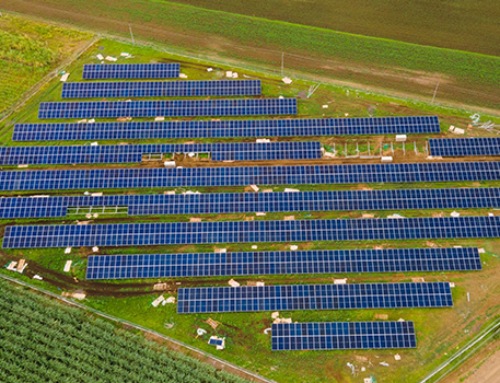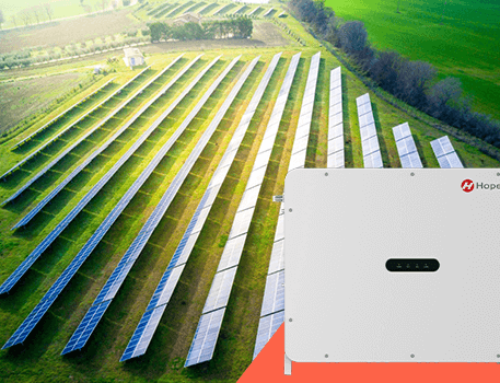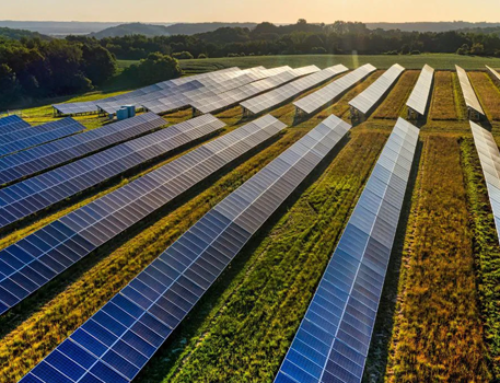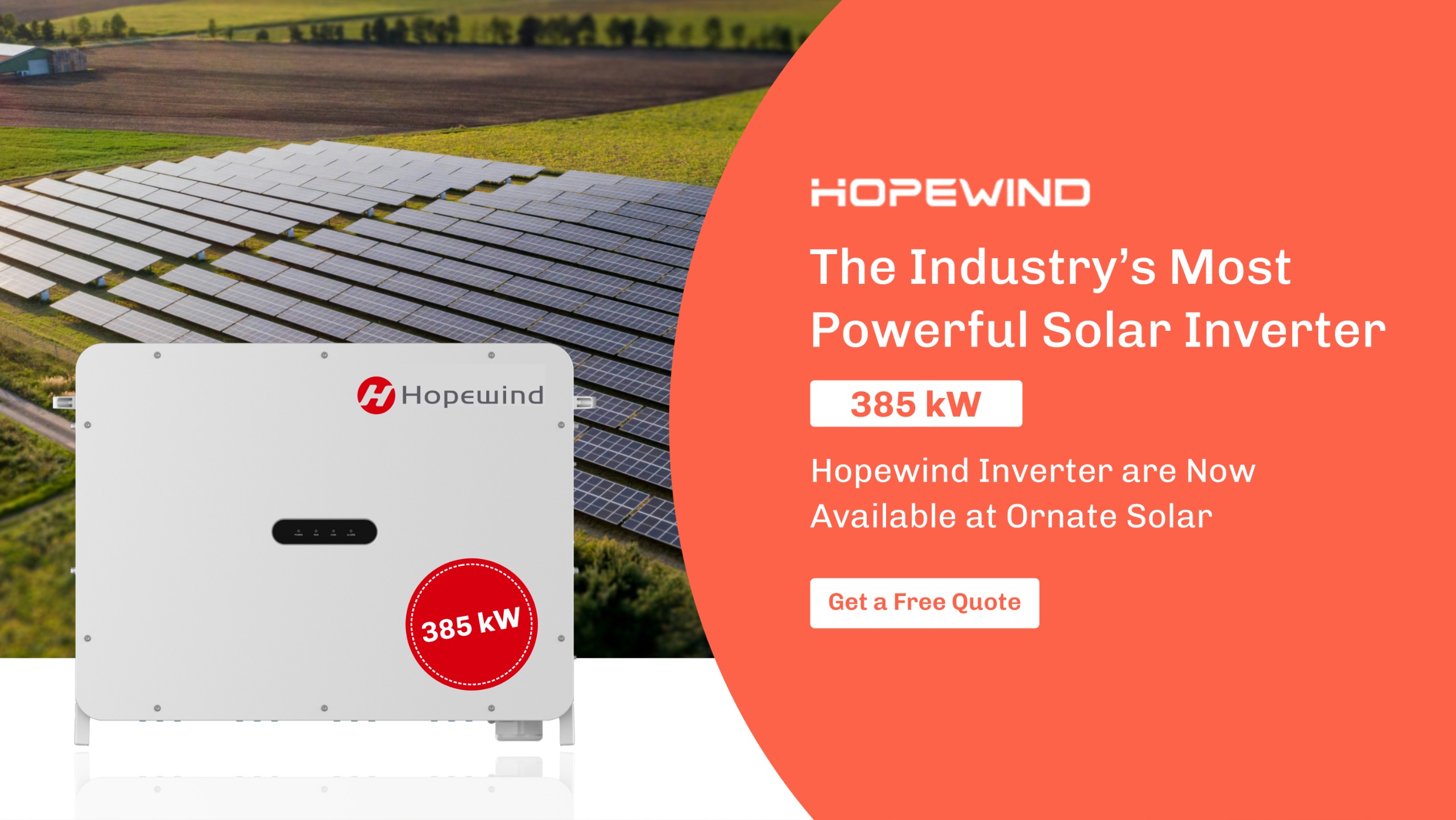Rooftop Solar Industry:
Rooftop solar has been on a constant decline in India since 2016.
From 2016 to 2019, rooftop solar declined by 32%. It was expected that the residential solar installation would recover in 2020, but COVID-19 came crashing the entire global economy.
Even though residential solar has enormous potential but it is still struggling.
In many parts of India, the solar tariff is as low as 50% of the retail electricity tariff. It makes solar the cheapest source of electricity.
Solar roof is mostly adopted by the residential, commercial, and industrial sectors. In the case of the commercial and industrial sector, up to 40% of the total expense is the energy cost. This makes adopting solar a smart and logical choice. This will help to reduce the overall expense. But because of the COVID-19 impact, C&I consumers are enduring challenges every step of the way when installing a solar system.
Talking about the C&I engagement in the solar sector, Shriprakash Rai, Senior Director and Head, C&I Business at Amp Energy, said, “About 70% of the installed solar rooftop or distributed generation capacity in India is accounted for by C&I consumers. The C&I sector consumes around 49% of the electricity generated in India, but only 3.5% of the power procured by India’s C&I segment is from renewable energy sources”.
Industries like the automobile industry, heavy engineering industry, pharmaceuticals, and textile industry are power-intensive industries. In these industries, the electricity cost plays a very important role in their total operation cost.
These are the ideal industries to adopt solar, but the question is why the solar adoption rate is still low.
We have the 2 most obvious answers to this question. First is the cost of solar. As of now, solar energy is costly. As the power-generating capacity is increased, the cost of solar rises. Secondly, the tussle between gross metering and net metering.
Uncertain Policies
Before December 2020, via net metering, consumers were able to lower their electricity bill up to zero, and sometimes got paid for the surplus power they had generated.
That used to happen because the tariff rate was the same for both the power import and export.
But in December 2020, the Ministry of Power came up with the gross metering above 10 kW. In gross metering, the tariff is different. A consumer imports the power at a certain tariff and exports the power at a different tariff. The export tariff is much lower than the import tariff. In this case, the electricity bill of the consumer will get lowered, but the chances of getting a ZERO electricity bill are very low.
In some states, this 10 kW gross metering has been lowered to 5 kW. Seeing this, the consumers are not very happy.
The alternative of net-metering is going fully off-grid, but again in that case battery is required, which further increases the price of the solar solution by 30%-40%.
Seeing the reaction of the consumers and the stakeholders, the Ministry of Power decided to increase the threshold for net metering from 10 kW to 500 kW. It was a good decision, but it came after 4 months. In those 4 months due to the policy uncertainty, many solar developers were not able to execute any project.
As per the consumers from the Commercial &Industrial sectors, “Public DISCOMs are using regulatory frameworks to hinder rooftop solar installations and resisting the transition.”
If rooftop solar has to grow, gross metering needs to be entirely done away with.
Financing Process
The Reserve Bank of India has introduced several policy measures to enhance liquidity and to ease the financial stress caused by the COVID-19 pandemic.
Apart from RBI, the Tata Capital and State Bank of India are actively financing rooftop solar at lower interest rates. Even for utility-scale projects, the interest rates are as low as 8.5%-9.5%. The Indian Renewable Energy Development Agency is financing at 10%-11%.
This clearly shows that finance is available for the solar project so what the issue? Well, the issue is that the loans take a long time to be processed. As of now, IREDA does not have a separate funding process for different projects. Small scale or large scale, all financing is done via the same channel which makes the process tough. If different channels are developed based on the solar project capacity, the financing process will become easy.
Modules and components price uncertainty
Post pandemic the price of the solar components is very uncertain. The module prices are rising, the GOI has increased customs duty on inverters. Because of the lockdown, the supply chain of the raw material is hampered which is again adding up in the price of the solar modules and components.
In a time when the Commercial & Industrial segment is looking forward to getting solar to lower their operation cost, the solar developers are not pushing to generate any sales because of the uncertainty in the price. The issue is that the developers are not able to give any proper quote, as they are not sure about the product procurement price.
These are the major reason behind the rooftop solar industry’s graph decline. Hope these points can answer all your questions.
How Can We Help?
If you are planning to install a rooftop solar solution, you can connect with Ornate Solar to get the best prices for solar panels and inverters. We are the official partner of Canadian Solar panels & Renewsys solar panels in India. We are also the official distributor of SolarEdge inverters with DC optimizers, Enphase microinverters, Fronius On-Grid Inverters, and Havells solar inverters in India.
Ornate Solar is also a trusted BESS manufacturer company in India. We have developed UnityESS, an advanced energy storage solution to provide reliable power and energy independence.
For more information, please give us a call at 1800 2026 252.






Leave A Comment